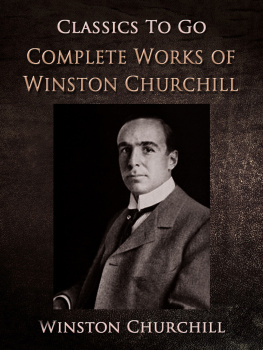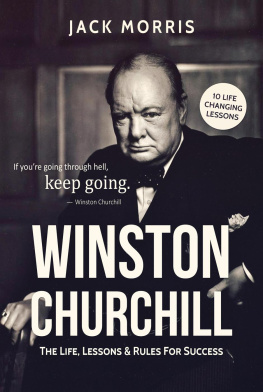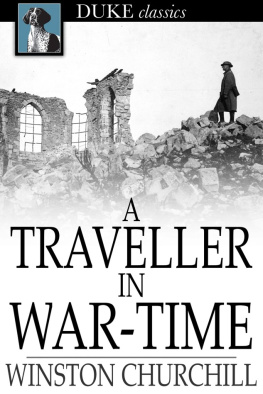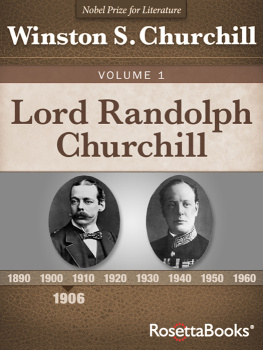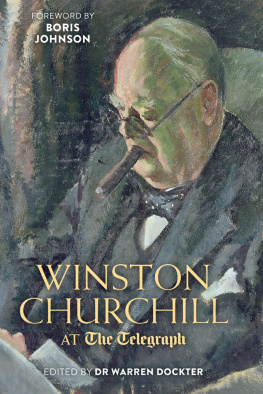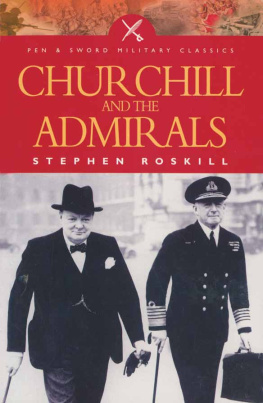Contents
Churchill
and
Australia
By the same author:
A Certain Grandeur Gough Whitlam in Politics
Cause for Power Official History of the New South Wales Labor Party
A Figure of Speech A Political Memoir
GRAHAM FREUDENBERG
Churchill
and
Australia

Imperial measurements have been used in this book as they were in documents and letters from the two world wars.
1 inch
1 foot
1 yard
1 mile
1 acre | 25.4 millimetres
30.5 centimetres
0.914 metres
1.61 kilometres
0.405 hectares | 1 centimetre
1 metre
1 metre
1 kilometre
1 hectare | 0.394 inches
3.28 feet
1.09 yards
0.621 miles
2.47 acres |
First published 2008 in Macmillan by Pan Macmillan Australia Pty Limited 1 Market Street, Sydney
Copyright Graham Freudenberg 2008
All rights reserved. No part of this book may be reproduced or transmitted in any form or by any means, electronic or mechanical, including photocopying, recording or by any information storage and retrieval system, without prior permission in writing from the publisher.
National Library of Australia
Cataloguing-in-Publication data:
Freudenberg, Graham (Norman Graham), 1934 .
Churchill and Australia.
ISBN 978 1 4050 3870 6 (hbk.)
1. Churchill, Winston, 18711947. 2. Great Britain Politics and government 20th century. 3. Great Britain Foreign relations Australia. 4. Australia Foreign relations Great Britain. I. Title
940.5322
Every endeavour has been made to contact copyright holders to obtain the necessary permission for use of copyright material in this book. Any person who may have been inadvertently overlooked should contact the publisher.
Material from Winston and Randolph Churchill reproduced with permission of Curtis Brown Ltd, London on behalf of The Estate of Winston Churchill. Copyright Winston S. Churchill.
Typeset by Midland Typesetters, Australia
Printed in Australia by McPhersons Printing Group
Papers used by Pan Macmillan Australia Pty Ltd are natural, recyclable products made from wood grown in sustainable forests. The manufacturing processes conform to the environmental regulations of the country of origin.
These electronic editions published in 2008 by Pan Macmillan Australia Pty Ltd 1 Market Street, Sydney 2000
The moral right of the author has been asserted.
All rights reserved. This publication (or any part of it) may not be reproduced or transmitted, copied, stored, distributed or otherwise made available by any person or entity (including Google, Amazon or similar organisations), in any form (electronic, digital, optical, mechanical) or by any means (photocopying, recording, scanning or otherwise) without prior written permission from the publisher.
Churchill and Australia
Graham Freudenberg
Adobe eReader format 978-1-74198-211-4
Microsoft Reader format 978-1-74198-270-1
Mobipocket format 978-1-74198-329-6
Online format 978-1-74198-388-3
Epub format 978-1-74262-367-2
Macmillan Digital Australia
www.macmillandigital.com.au
Visit www.panmacmillan.com.au to read more about all our books and to buy both print and ebooks online. You will also find features, author interviews and news of any author events.
Authors preface
T his story is set on the stage of the British Empire. I belong to the last Australian generation that grew up under the Empire as both a going concern and a focus for allegiance. Mine was also the last Australian generation that, in adolescence, took being British for granted; and many of us attached equal weight to the definitions inscribed on the Australian passport after 1948: Australian citizen British subject. As children during the Second World War, we listened to broadcasts by King George VI with reverence, and by Winston Churchill with awe. The background crackle and short-wave surge of the wireless, like the low roar of a distant ocean, added drama to the miracle of hearing London calling. I saw Winston Churchill in the flesh, in the House of Commons in 1956, the year of the Suez crisis, the sunset of the British Empire.
From 1907 to 1955, Churchills conflicts with Australia were about his concept of the Empire and Australias role in it. The sections of this book that deal with his disputes with the wartime governments under Menzies and Fadden and, most severely, with the Curtin Labor Government in 1942, are partly a reply to the one-sided accounts in Volumes III and IV of Churchills war memoirs. It is proper that I should declare my long association with the Australian Labor Party, and my admiration of John Curtin. Yet for my generation, nothing can remotely outweigh the intense conviction that, except for Winston Churchill, the doctrines and practices of Hitlers Germany would have prevailed in Europe and far beyond, protracted, in Churchills words, by the lights of a perverted science; and that the British Empire, including Australia, would have been enrolled as an accomplice in Hitlers crimes.
Acknowledgements
C arol Summerhayes indispensable contribution to this work crowns a collaboration that spans forty years. Her creative talents and expertise have enabled me to keep up the pleasant fiction that I write it all by myself in hand. Tom Kusano provided an orderly lifestyle in which I was able to do the work. Phil Davis kept me on track in developing the themes of this story. Les Carlyon, who has set new standards for Australian historiography, and the incomparable Barry Jones, were generous and perceptive in reading the early manuscript, as were Roger Holdich and Gordon Murphy. Dr David Clune gave invaluable help from the resources of the New South Wales Parliamentary Library. Through Alex Mitchell I made the public commitment to this task, which my publisher at Pan Macmillan, Tom Gilliatt, encouraged and enhanced at every stage. I thank my editors, Sybil Nolan and Brianne Tunnicliffe, for their sympathetic understanding. Continuing encouragement came from my friends of my own generation, the Churchie Class of 51, John Biggs, David Cohen, John Godfrey, John Greenwood, Barrie Hayne, Jack Hutchinson and Ian Macfarlane, my brother Rex, and Evan Williams. The inspiration of Andrew Smart kept me in touch with the new generation. I thank Laurie McNeice for her guidance on matters Canadian. I owe the debt of a lifetime to Gough Whitlam who, apart from everything else, taught me the first lesson of a would-be historian: Go to the documents.
Prologue
T he Prime Minister is in a belligerent mood, Winston Churchills doctor, Sir Charles Wilson, wrote in his diary for 9 January 1942. A month after Pearl Harbor, Churchill was taking a break in Florida from momentous talks with President Franklin Roosevelt at the White House. Together, Churchill and Roosevelt had forged the Grand Alliance against Germany and Japan. They had agreed to Beat Hitler First; the war against Japan would be a holding operation. Wilson recorded:
He told us that he had sent a stiff telegram to Curtin, the Prime Minister of Australia. The situation was making Australia jumpy about invasion. Curtin was not satisfied with the air position. He had renewed his representations to London in blunt terms. The P.M. fulminated in his reply. London had not made a fuss when it was bombed. Why should Australia? At one moment he took the line that Curtin and his [Labor] government did not represent the people of Australia. At another that the Australians came of bad stock.
Not for the first or last time, Australia seemed to bring out the worst in Winston Churchill. Often enough to form a discernible pattern, Australia was on the wrong side of the very qualities his strength of will, singleness of purpose, his refusal to give way, in things great or small, large or petty, the power of his imagination to set grim reality at defiance, his mastery of the English language that made Winston Churchill, as the philosopher Isaiah Berlin described him, the saviour of his country, the largest human being of his time. His total self-belief and his urge for action had their stubborn, reckless, and spiteful aspect. Australia often seemed to bring out that darker side.








